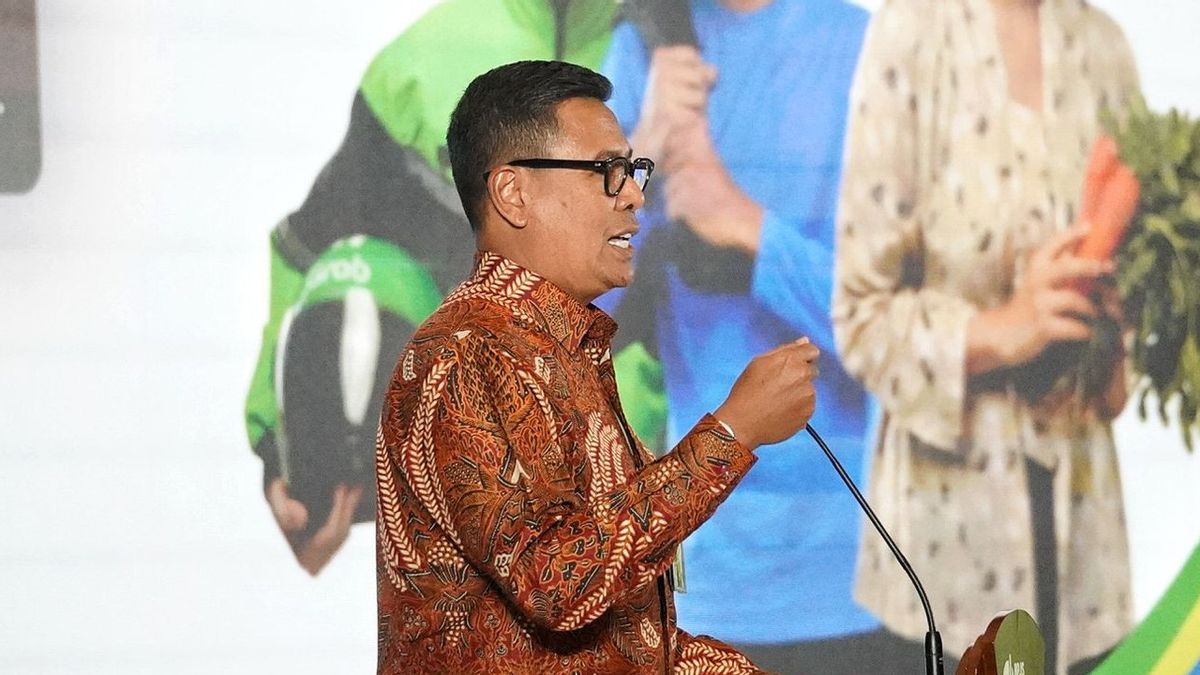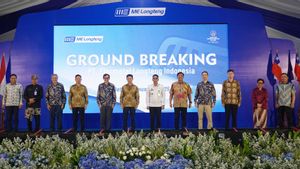The activity, which was held at the Bidakara Hotel, South Jakarta, on November 26, was the first in Indonesia and was officially opened by the Minister of Manpower Yassierli.
In his remarks Yassierli expressed his support and appreciation for the activity. He hopes that this discussion can give birth to strategies related to social security to the community.
"Hopefully the results of the discussion will really come out with a strategy and solution. And we from the Ministry of Manpower are waiting, roughly regarding what kind of regulation we are in, what kind of policy, and what kind of strategy we have to take," said Yassierli.
According to him, currently BPJS Employment is still in line with its function in fulfilling social security for the community and is expected to continue to expand its participation until it finds a preventive strategy.
In addition, the Minister of Manpower also entrusted several things that needed to be discussed, including regarding the protection of social security, to the need for a more preventive approach related to employment guarantees.
"BPJS Ketenagakerjaan akan memiliki peran yang sangat signifikan ke depan dalam aksi-aksi atau intervensi-intervensi yang sifatnya proaktif. Kita menunggu hasil rekomendasinya," tuturnya.
On the same occasion, the President Director of BPJS Ketenagakerjaan Anggoro Eko Cahyo explained that the presence of Social Security Summit 2024 is a form of response to the big challenges currently being faced by a number of middle-income countries including Indonesia, namely the "middle income trap."
This phenomenon occurs when middle-income countries stagnate and have difficulty transitioning to high-income status.
"One of the main factors that contribute to the middle income trap is the insufficiency of the social security system which is able to support inclusive and sustainable growth," explained Anggoro.
According to him, injustice in resource distribution, low access to health services, education, and social protection makes people more vulnerable and hinders innovation and productivity.
Moreover, the current structure of Indonesian workers is dominated by the informal sector whose figure reaches almost 60 percent or a total of 84.13 million. In addition, the demographic of the Indonesian population is moving towards the ageing population era, where the proportion of the elderly population has increased.
According to Anggoro, this should be a concern for the government and all parties, because informal workers and the elderly population are vulnerable to poverty when experiencing socio-economic risks.
BACA JUGA:
For this reason, the expansion of the coverage of employment social security is something that must be done, so that the vision of Indonesia Gold 2045 can be realized.
This is because until October 2024, the number of workers protected by employment social security has only reached 40.83 million and is dominated by the formal segment or Wage Recipients (PU) of 25.8 million workers. Meanwhile, the informal or Non-Wage Recipient (BPU) worker sector is 9.4 million workers.
By involving the government, the private sector, academics, and civil society organizations, the Social Security Summit 2024 is expected to be able to become a discussion event to present innovative solutions and collaborative strategies to overcome the challenges faced by the Indonesian people, especially in this case the welfare of workers, which is our common goal.
"The collaboration of all stakeholders in providing employment social security in Indonesia is an important step to protect workers' rights and welfare. With close cooperation from all parties, I am sure we can move together to build a prosperous Indonesia," concluded Anggoro.
The English, Chinese, Japanese, Arabic, and French versions are automatically generated by the AI. So there may still be inaccuracies in translating, please always see Indonesian as our main language. (system supported by DigitalSiber.id)
















